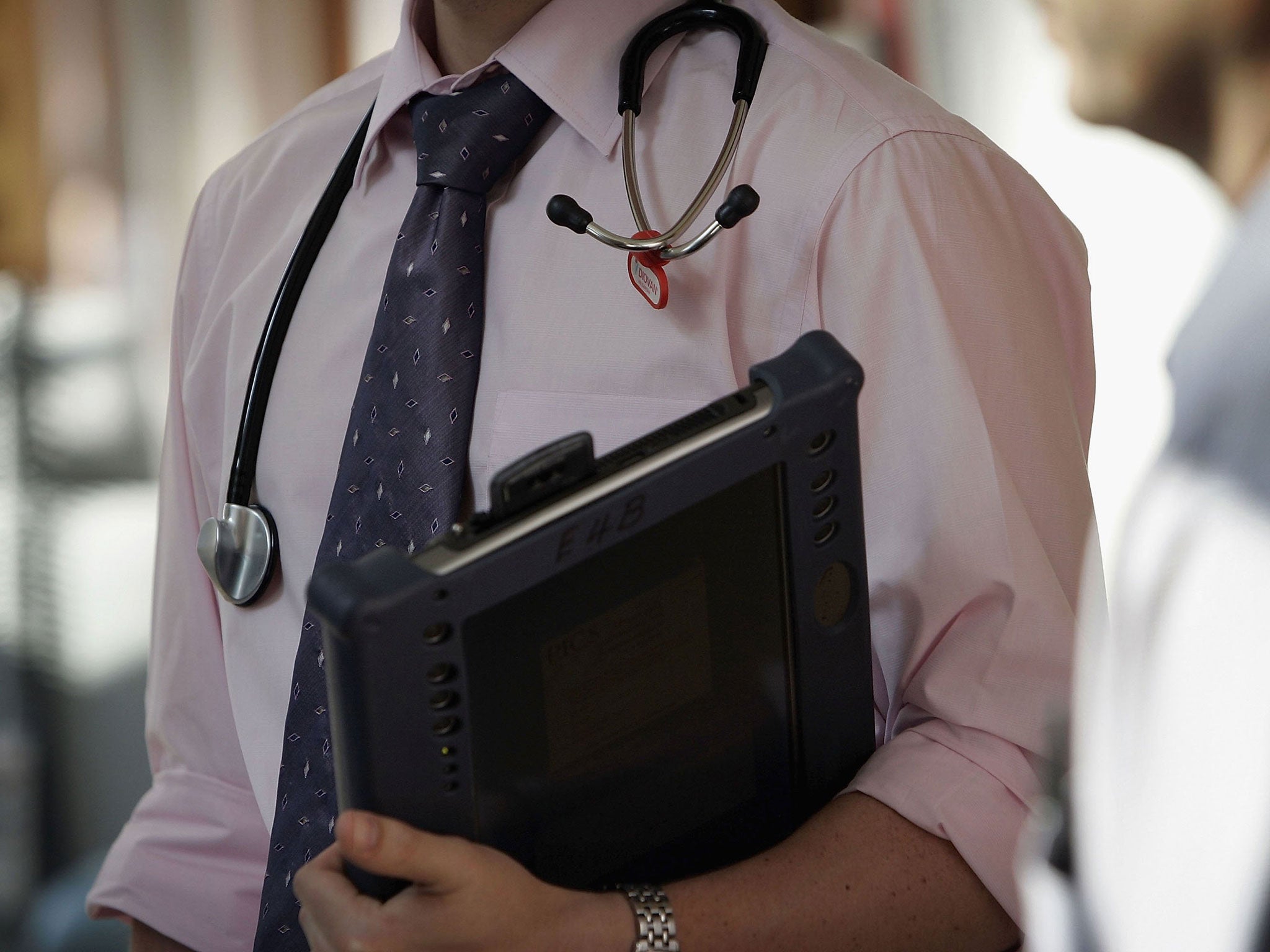Your support helps us to tell the story
From reproductive rights to climate change to Big Tech, The Independent is on the ground when the story is developing. Whether it's investigating the financials of Elon Musk's pro-Trump PAC or producing our latest documentary, 'The A Word', which shines a light on the American women fighting for reproductive rights, we know how important it is to parse out the facts from the messaging.
At such a critical moment in US history, we need reporters on the ground. Your donation allows us to keep sending journalists to speak to both sides of the story.
The Independent is trusted by Americans across the entire political spectrum. And unlike many other quality news outlets, we choose not to lock Americans out of our reporting and analysis with paywalls. We believe quality journalism should be available to everyone, paid for by those who can afford it.
Your support makes all the difference.The Government is facing a week of industrial action by public sector workers in worsening disputes over pay after news that health staff are to go on strike.
Unison announced that its members in England will walk out for four hours on October 13, followed by four days of other forms of industrial action.
Unions are in dispute over the Government's refusal to accept a recommended 1 per cent pay rise for NHS workers.
Several unions are balloting health workers - including midwives - for industrial action, with more expected to join in on October 13.
The Public and Commercial Services (PCS) union also announced that a quarter of a million civil servants will strike on October 15 in a separate row over pay, jobs and spending cuts.
Council workers are stopping work on October 14, while a national demonstration will be organised by the TUC on October 18 under the banner “Britain Needs A Pay Rise”.
Unison said its NHS members in England will stage a four-hour stoppage between 7am and 11am on October 13, followed by four days of action short of strikes when members will stop working through their breaks.
Unison members voted by 68 per cent for strikes and 88 per cent for action short of strike action in a ballot.
General secretary Dave Prentis said: “NHS members don't take action often or lightly. For many of our members, this will be the first time they walk out as the last action over pay was 32 years ago. The NHS runs on the goodwill of its workers, but this Government has shown utter contempt for them.
”We are working with NHS employers to minimise the impact on patients. But it's not too late for Jeremy Hunt (Health Secretary) to act to avoid this and we repeat our offer to the Government to negotiate with us, despite him refusing to meet with health unions about pay.“
The PCS said that since 2010, taking into account pay cuts, the increase in monthly pension contributions and inflation, many civil servants have suffered a 20 per cent reduction in their incomes.
The strike will include employees of Westminster government departments and agencies, and the Wales Assembly, but not those who work in bodies under the jurisdiction of the Scottish Government.
The union has published a new report by tax expert Richard Murphy that claimed evasion deprives public finances of £80 billion a year.
Collecting a fraction of these ”stolen billions“ would change the debate about public spending overnight, the union said.
PCS general secretary Mark Serwotka said: ”These strikes show we are serious about bringing an end to pay cuts that have slashed the living standards of public servants while the super-rich have been rewarded with tax cuts.
“Until we chase down the tax dodgers and invest properly in our communities and public services, the so-called economic recovery will only ever benefit millionaires, while the millions pay the price.”
A Department of Health spokesman said: “We are disappointed that Unison is planning industrial action and has rejected our proposals to give NHS staff at least 1 per cent additional pay this year and at least a further 1 per cent next year.
”NHS staff are our greatest asset and we know they are working extremely hard. This is why despite tough financial times, we've protected the NHS budget and now have 13,500 more clinical staff than in 2010.
“We want to protect these increases and cannot afford incremental pay increases - which disproportionately reward the highest earners - on top of a general pay rise without risking frontline NHS jobs.
”We remain keen to meet with the unions to discuss how we can work together to make the NHS pay system fairer and more affordable.“
PA

Join our commenting forum
Join thought-provoking conversations, follow other Independent readers and see their replies
Comments